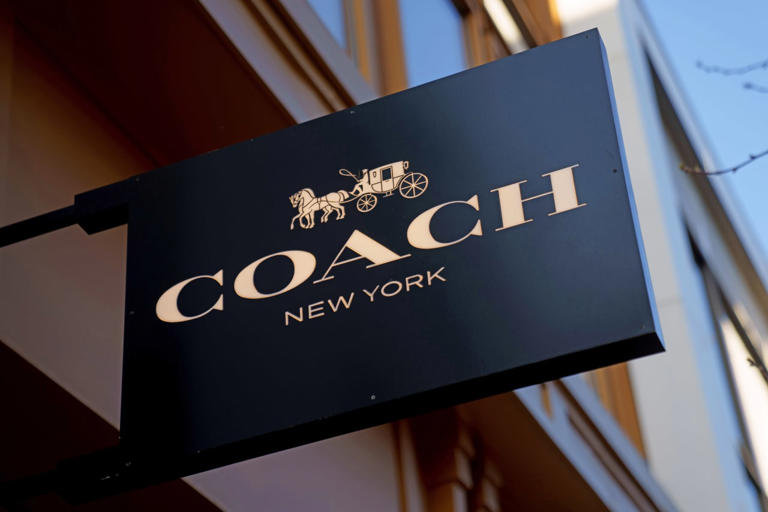The recent legal action taken by the Federal Trade Commission (FTC) to block Tapestry’s proposed acquisition of Capri Holdings for $8.5 billion has brought to light significant concerns regarding potential antitrust implications within the luxury handbag market. This move by the FTC represents a decisive step to safeguard competition and consumer interests in the highly lucrative yet fiercely competitive luxury goods sector.
Tapestry, a leading player in the luxury retail landscape and the parent company of renowned brands such as Coach and Kate Spade, had announced its ambitious plan to acquire Capri Holdings, the parent company of iconic luxury labels like Michael Kors and Jimmy Choo, in August of the preceding year. The proposed merger was poised to create a formidable luxury conglomerate comprising six esteemed brands, thereby enhancing Tapestry’s competitive stance against industry behemoths like LVMH Moët Hennessy Louis Vuitton and Kering, the parent company of Gucci.
However, the FTC’s legal challenge, initiated through a lawsuit filed on Monday, has effectively halted the acquisition process, at least temporarily. The regulatory body has expressed apprehensions that the consolidation of Tapestry and Capri would significantly diminish competition in the market for more affordable luxury handbags. With brands like Coach, Kate Spade, and Michael Kors occupying similar price segments and appealing to overlapping consumer demographics, the FTC is wary of potential negative repercussions, including higher prices for consumers and reduced incentives for innovation and market entry.
Central to the FTC’s argument is the notion that the proposed merger would eliminate vital competitive dynamics between Tapestry and Capri, thereby limiting consumer choice and innovation in the luxury handbag market. By curtailing competition on various fronts, such as pricing strategies, promotional activities, and product differentiation, the FTC contends that the merger could ultimately undermine the benefits derived from a vibrant and competitive marketplace.
Tapestry and Capri, in response to the FTC’s legal challenge, have staunchly defended the merits of the proposed acquisition. Both companies have emphasized the robust competitiveness of the luxury goods industry, highlighting the diverse array of options available to consumers across different price segments. Moreover, Tapestry and Capri have underscored the comprehensive regulatory approvals obtained from various jurisdictions, including the European Union and Japan, underscoring their confidence in the legitimacy of the proposed merger.
Despite the legal hurdles posed by the FTC’s intervention, Tapestry and Capri remain steadfast in their commitment to completing the transaction, viewing it as a strategic imperative for long-term growth and competitiveness. Notably, Tapestry’s stock experienced a modest uptick in after-hours trading following the announcement, indicating investor confidence in the company’s resilience amidst regulatory challenges.
As the legal proceedings unfold and the dispute between the FTC and Tapestry/Capri progresses, stakeholders across the luxury goods industry will keenly observe the outcome, recognizing its potential implications for market competition, consumer welfare, and the broader regulatory landscape.
